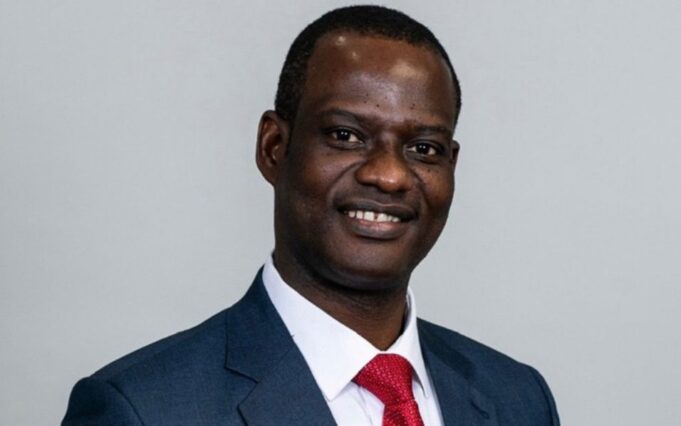Taiwo Oyedele, Chairman Presidential Fiscal Policy and Tax Reforms Committee,
Taiwo Oyedele, the Chairman of the Presidential Fiscal Policy and Tax Reforms Committee, has called for the rapid implementation of the proposed tax reforms by mid-2025, emphasizing that the current tax system is hindering Nigeria’s economic progress and must be restructured.
Speaking at the Annual Roundtable Summit organized by the CEO’s Group of the Covenant Community Groups in Lagos, Oyedele highlighted that while increasing government revenue doesn’t automatically improve the economy, a stronger economy will naturally lead to higher revenues.
He stressed the need for policies that are inclusive and address the disparities in inflation and income, ensuring that all Nigerians benefit from the reforms.
In his keynote speech, titled ‘May Nigeria Work for Me’, Oyedele underscored the importance of human capital development, proposing initiatives like interest-free education loans, consumer credit systems, skills development programs, and tax policies that could stimulate Nigeria’s economic growth and stability.
He cautioned against the risks of economic mismanagement, drawing comparisons with Zimbabwe’s hyperinflation crisis, and warned that unsustainable subsidy policies had drained national resources, leaving the country vulnerable to financial collapse.
He explained how the Nigerian National Petroleum Corporation (NNPC) had used critical national resources, such as equity crude and profit oil, to fund subsidies, which he said contributed to the economic strain.
“Our tax system is like trying to race in a 1960s car against Ferraris. It’s a major constraint, and it must be fixed,” Oyedele remarked, highlighting the urgency of the proposed reforms.
Oyedele expressed hope for Nigeria’s economic future, predicting that the reforms would lead to reduced inflation, stable exchange rates, and an uptick in industrial output.
He also encouraged both public and private sectors to address the rising demand for foreign exchange, urging Nigerians to shift from speculative practices to productive investments.
“Our reforms aim to ease pressure on monetary authorities and bring about greater stability. We’re turning a corner, and 2025 will signal the start of a new era,” he added.
The tax reform advocate also emphasized the need for accessible and relevant education, proposing interest-free loans and stipends for students from disadvantaged backgrounds to support their studies.
He stressed that such initiatives would offer hope to many students and foster inclusivity in education.
Oyedele also criticized the current state of Nigeria’s educational system, noting that the focus on degrees disconnected from practical skills does not meet the needs of society.
“We need to redirect students toward more practical fields of study. Education should be more than theoretical; it must serve the demands of the economy,” he stated.
On the issue of salaries for academics, Oyedele expressed concern over the low wages paid to Nigerian professors, which he argued made it difficult to attract qualified educators.
He compared the salaries of Nigerian professors to those in developed countries, lamenting that earning N400,000 per month would not allow professors to dedicate themselves fully to their work.
“The quality of education suffers when we don’t invest in our lecturers. If we don’t make teaching an attractive profession, our education system won’t thrive,” he said.
Oyedele also discussed the potential benefits of a more inclusive credit system, proposing consumer loans to support the purchase of locally manufactured goods.
He argued that such loans could boost domestic industries and help Nigerians build wealth over time, citing the example of using credit to buy homes instead of spending decades saving.
“Why should it take you 35 years to build a house when you can live in one and pay for it over time? This is how you foster economic growth,” he concluded, reinforcing the need for reforms that support sustainable local economic development.

















